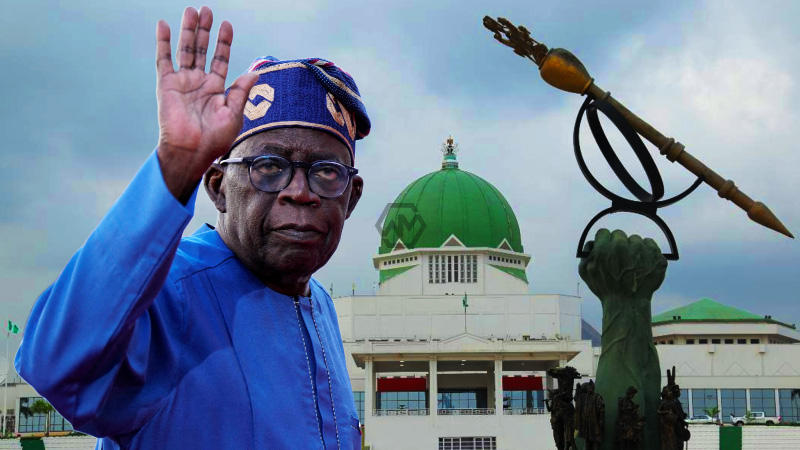- Bola Tinubu’s victory in the contested election in February was upheld by Nigeria’s presidential election tribunal.
- Nigeria, a country with a history of electoral fraud and a return to democracy in 1999.
- The tribunal’s decision is unlikely to inspire any particular elation or momentum for the president.
Bola Tinubu’s victory in the contested election in February was upheld by Nigeria‘s presidential election tribunal, as has been the case in past election years, despite objections from Bola Tinubu’s adversaries in the opposition.
Nigeria, a country with a history of electoral fraud and a return to democracy in 1999 after nearly three decades of military dictatorship, has never had a legal challenge to the results of a presidential election succeed.
Nigerian electoral tribunal
Both the second-and third-place finishers in the election, the People‘s Democratic Party’s Atiku Abubakar and the Labour Party’s Peter Obi, had requested the court to annul the vote due to alleged irregularities.
Atiku and Obi’s individual petitions were denied point-by-point by the five-member tribunal, which took turns reading its decisions for more than 11 hours.
Obi’s petition was found “unmeritorious” by Judge Haruna Tsammani because it lacked “credible evidence sufficient enough” to support its charges of irregularities.
The claims of vote tampering made by Atiku were refuted, as was his claim that Tinubu lacked the qualifications necessary to seek the presidency. As he asked his opponents and supporters to back his government, Tinubu expressed his appreciation for the tribunal’s decision.
After an election characterized by a record-low turnout of 29%, the tribunal’s decision is unlikely to inspire any particular elation or momentum for the president.



